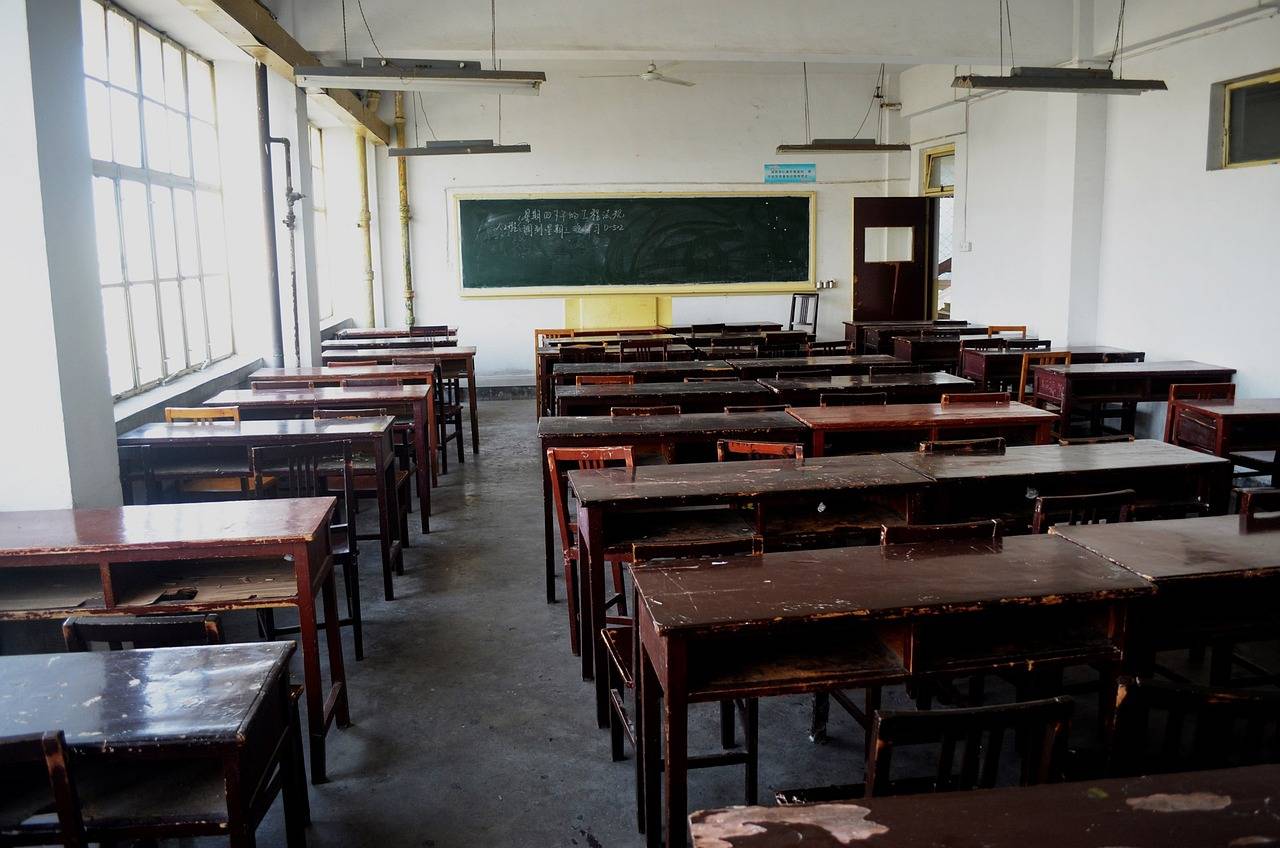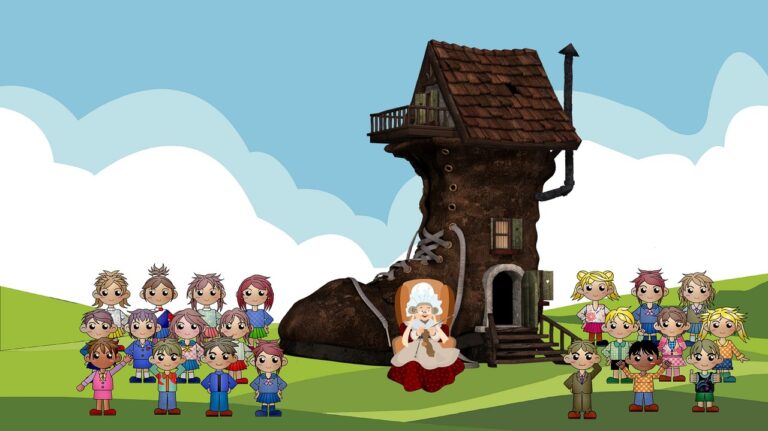Addressing Equity in Access to Advanced Placement Courses for LGBTQ+ Students
LGBTQ+ students often encounter obstacles when attempting to access Advanced Placement courses. Discrimination and lack of representation can make it challenging for these students to feel supported and included in advanced academic settings. The educational environment may not prioritize inclusivity, leading to feelings of isolation and marginalization among LGBTQ+ students navigating AP courses.
Furthermore, the curriculum within AP courses may not always incorporate diverse perspectives or address LGBTQ+ issues, making it difficult for these students to fully engage with the material. This lack of representation can contribute to a sense of alienation and hinder the academic success of LGBTQ+ students in advanced placement programs.
Importance of Diversity and Inclusion in Advanced Placement Programs
In today’s educational landscape, promoting diversity and inclusion in advanced placement programs is crucial for fostering a learning environment where all students feel valued and supported. By acknowledging and embracing the unique perspectives and experiences of LGBTQ+ students, schools can create a more enriching academic atmosphere that encourages collaboration and creativity.
When advanced placement courses prioritize diversity and inclusion, students from all backgrounds are empowered to excel academically and contribute meaningfully to class discussions and projects. Providing a safe and inclusive space for LGBTQ+ students not only enhances their educational experience but also cultivates a sense of belonging and acceptance that is essential for academic success.
• Embracing diversity and inclusion in advanced placement programs promotes a more enriching academic atmosphere
• LGBTQ+ students benefit from a safe and inclusive learning environment
• Encouraging collaboration and creativity among students from all backgrounds
• Cultivating a sense of belonging and acceptance is essential for academic success
Barriers to Entry for LGBTQ+ Students in Advanced Placement Courses
LGBTQ+ students often face numerous challenges when trying to access Advanced Placement (AP) courses. The lack of inclusive and supportive environments in schools can create barriers for these students, leading to feelings of isolation and discrimination. This can result in LGBTQ+ students being less likely to pursue AP courses due to fear of not being accepted or supported by their peers and educators.
Additionally, the curriculum of AP courses may not always be inclusive of LGBTQ+ perspectives and experiences. This can make it difficult for LGBTQ+ students to see themselves reflected in the content and may contribute to a sense of alienation in the classroom. Without representation and acknowledgment of diverse identities, LGBTQ+ students may feel excluded and unsupported in their academic journey, further hindering their access to AP courses.
What are some challenges faced by LGBTQ+ students in accessing advanced placement courses?
LGBTQ+ students may face discrimination, lack of support from faculty and peers, fear of being “outed,” and a lack of representation in course materials.
Why is diversity and inclusion important in advanced placement programs?
Diversity and inclusion in advanced placement programs help create a supportive and welcoming environment for all students, leading to better academic performance and overall well-being.
What are some barriers to entry for LGBTQ+ students in advanced placement courses?
Barriers may include lack of LGBTQ+-inclusive curriculum, discriminatory practices, a lack of LGBTQ+ role models, and a hostile school climate for LGBTQ+ students.





